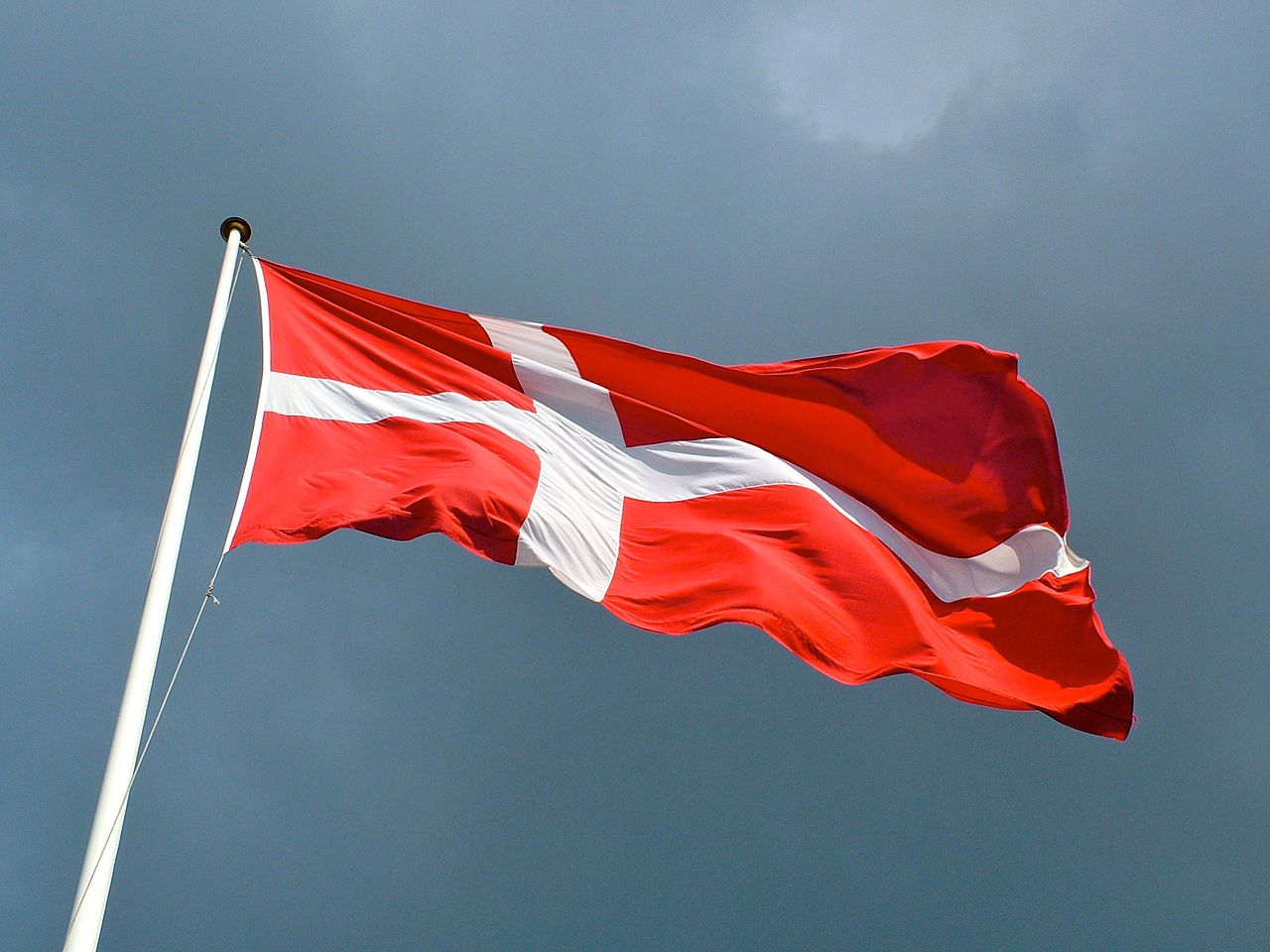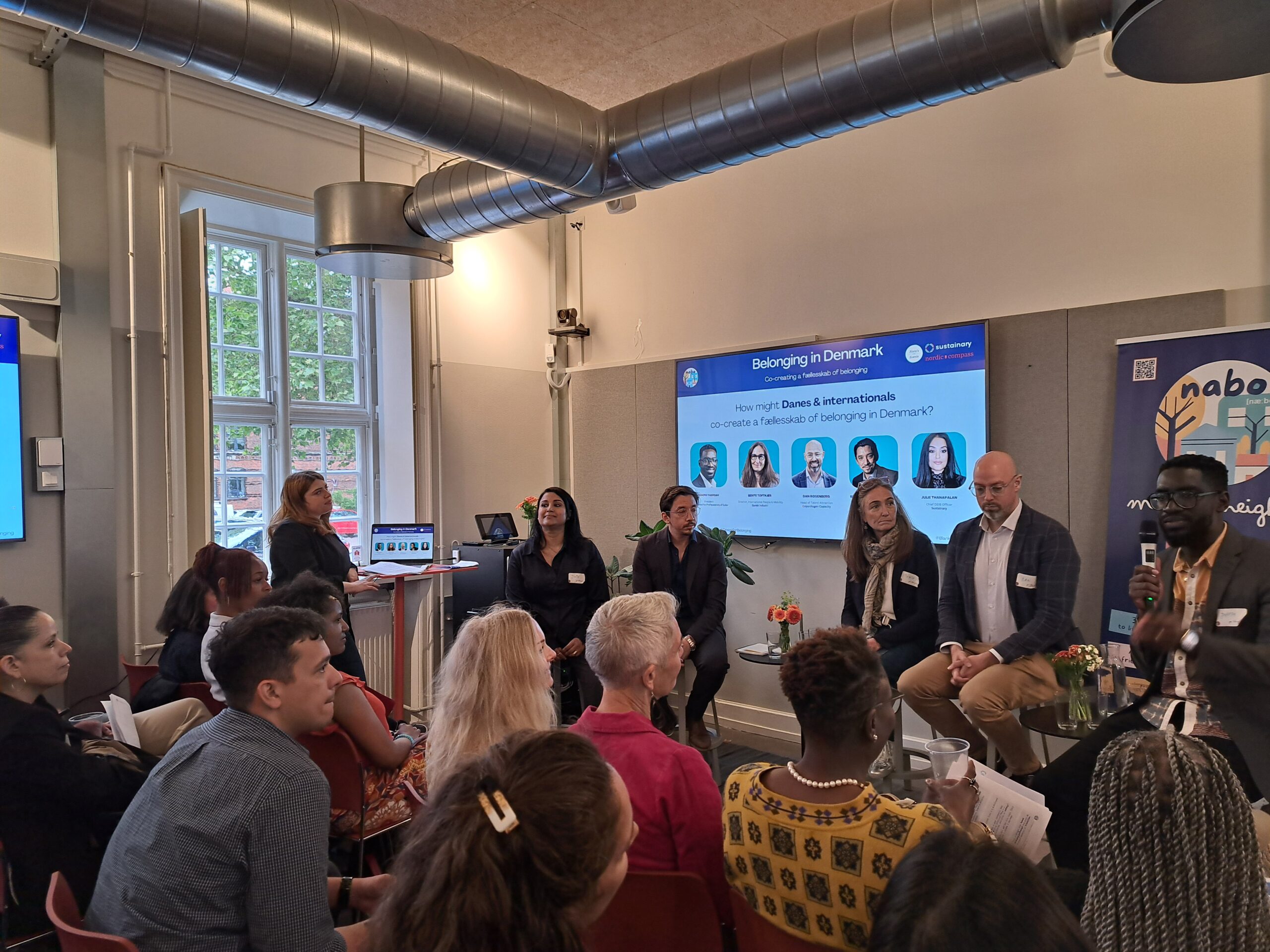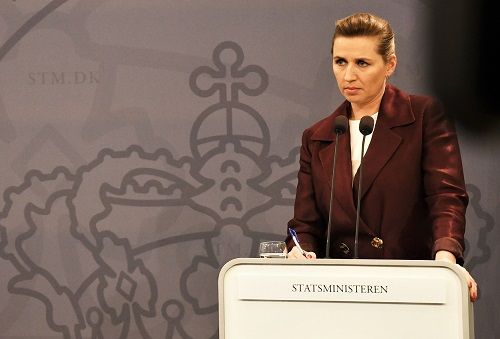Updated 7/6, 15:34 – Parliament passed a law legalising same sex marriage this afternoon with 85 votes for, 24 against and two abstentions.
Original story: The ban on marrying same-sex couples in the Church of Denmark will be overturned in parliament today, as a majority of parties have announced their intention to support a law to make marriage gender neutral.
The law does permit vicars to decline to marry same-sex couples in their church, however. In such cases, couples would need to find another minister to perform the ceremony for them.
Same-sex ceremonies may occur as soon as June 15 should the nation's bishops, as expected, come up with a ceremony by Monday that can be used to wed same-sex couples in church.
The new ceremony was needed after bishops ruled that the current one can only be used to wed heterosexual couples. But while same-sex and heterosexual couples will be wed using different rituals, their marriage status will be equal.
In 1989, Denmark became the first country in the world to allow civil partnerships between couples of the same gender, and with the expected law change, the approximately 4,100 couples in registered partnerships will automatically be granted the status of marriage.
According to the church minister, Manu Sareen (Radikale), today’s law change is “historic”.
 “In 1989 people were given the opportunity to register their partnership at city hall,” Sareen told Politiken newspaper. “But now that we have given them the opportunity to get married, we have lifted the level of equality to a whole new level compared to 1989. Couples of the same sex will be put on the same footing as couples of different sex and that is a huge change.”
“In 1989 people were given the opportunity to register their partnership at city hall,” Sareen told Politiken newspaper. “But now that we have given them the opportunity to get married, we have lifted the level of equality to a whole new level compared to 1989. Couples of the same sex will be put on the same footing as couples of different sex and that is a huge change.”
Sareen added that allowing vicars to decline to marry same-sex couples meant that parliament was not infringing on the Church of Denmark’s right to make its own theological reading.
“We are giving vicars the opportunity to say no. That’s what’s so fantastic about this proposal. On the one hand it allows same sex couples the opportunity to get married,” Sareen said, adding:
“But at the same time we are reaching out to priests and saying that those who don’t want to wed homosexual couples don’t have to. We recognise that when dealing with theology you have to accept their will be different interpretations.”
This view was not shared by the Kristendemokraterne (KD) – who currently have no seats in parliament – and who are now threatening to launch a class action law suit against the state.
“Parliament is infringing of religious freedom and in doing so violates the constitution. That is why we are working on a lawsuit against the state to protect religious freedom and protect people who feel the law infringes their right to practice their faith,” Per Ørum Jørgensen, KD's chairman, said.
Overall, however, support for the legislation was overwhelming, with the prime minister, Helle Thorning-Schmidt (Socialdemokraterne), also marking the “historic occasion” on her Facebook page.
“Today we allow homosexual couples to enter into marriage on the same footing as any others – something that Socialdemokraterne has fought for many years,” Thorning-Schmidt wrote.
Among the parties in parliament, only the right-wing Dansk Folkeparti has said it will vote against the law, while party leaders from the opposition Venstre and Konservative have told their MPs they were free to vote according to their conscience. All other parties have announced their intention to vote in favour.
Are you homosexual and living in Denmark? The Copenhagen Post will be writing an article about same-sex marriages in our next issue and would like to hear your opinion about the new law. Contact us at same-sex-marriage@cphpost.dk.











